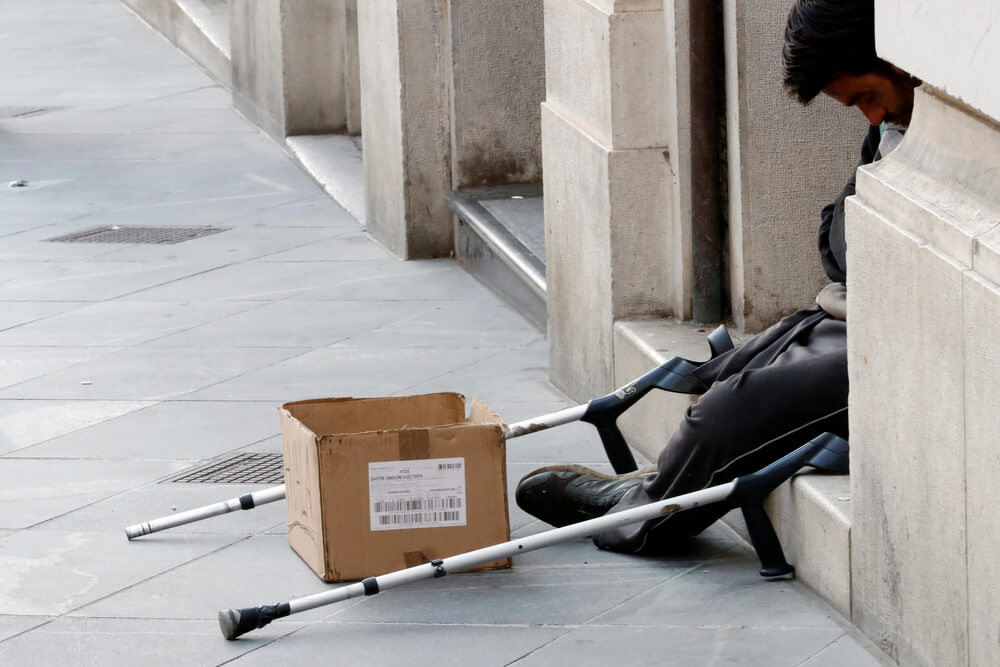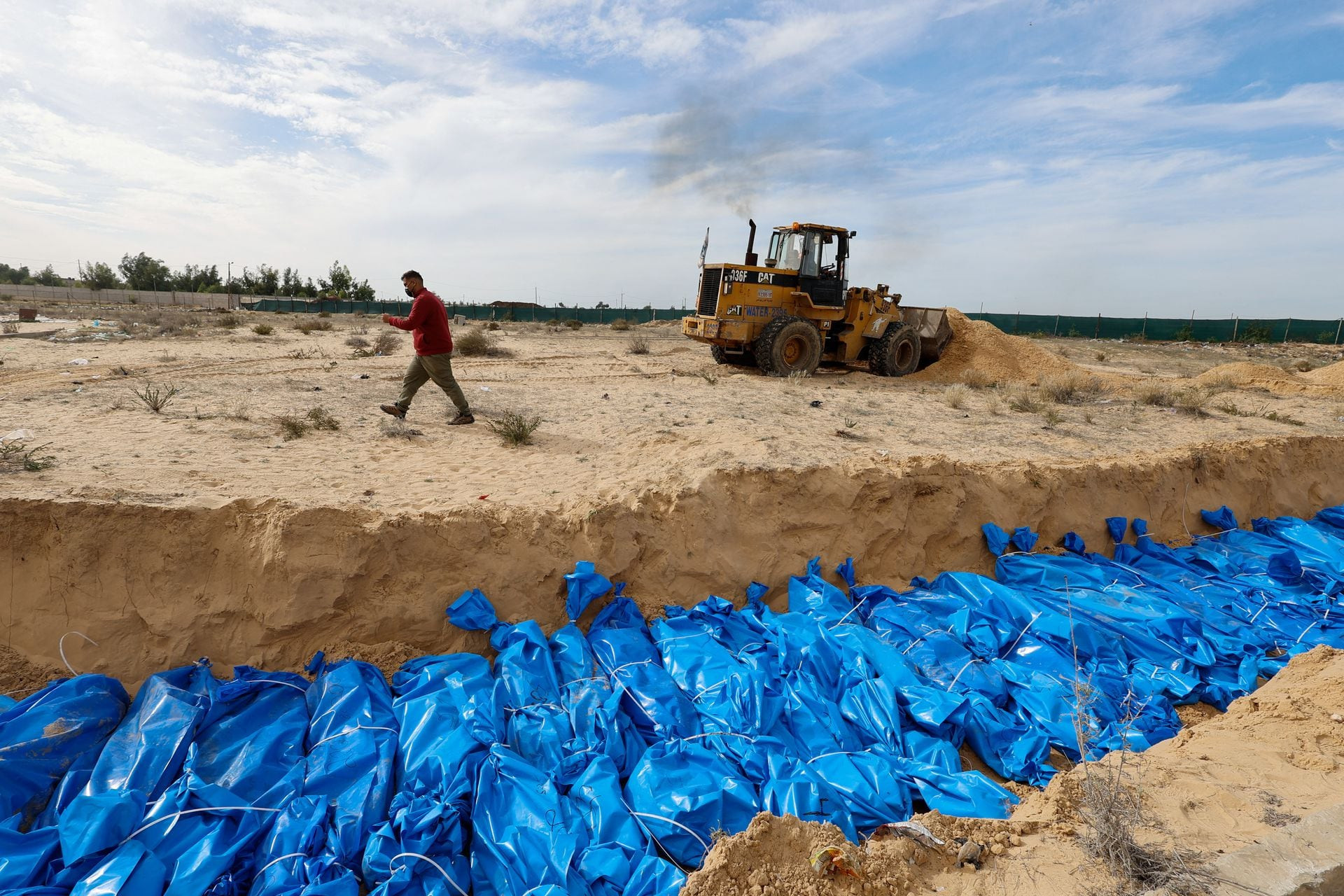Navigating a World Built for the Able-Bodied
Yasmin Bawa, a 24-year-old graduate living with multiple forms of scoliosis, is a testament to the daily struggles faced by Persons with Disabilities (PWDs) in Nigeria. Her days are a constant negotiation with inaccessible infrastructure, unreliable transportation, and the pervasive need to adapt. Each morning begins with careful planning, considering which routes to take, which buildings to avoid, and which stairs to endure.
“It’s very testing and backbreaking,” she said, her frustration evident in her voice. “I have to put more thought into going out alone and think about if the infrastructure is accessible because we live in a world where it doesn’t seem like anybody has been taught to build infrastructure with a ramp in most places or elevators. Practically every building is built with stairs including hospitals, public buildings, even your home and you have to learn to work with stairs.”
Yasmin recounted a common experience: “Some people perceive people with disabilities negatively and it shows in their faces.” She shared a particularly disheartening incident from her undergraduate days. After navigating a treacherous gravel path to her exam hall, she booked a ride home, only for the driver to speed off upon seeing her wheelchair. This experience, she said, reflected a broader societal struggle faced by individuals living with disabilities in Nigeria.
The Impact of Neglect
Yasmin’s story is not an isolated one. According to the World Health Organisation (WHO), nearly 25 million Nigerians have at least one form of disability. While the Discriminations Against Persons with Disabilities (Prohibition) Act, signed into law by former President Muhammadu Buhari in 2019, aims for full integration and prohibits discrimination, many PWDs like Yasmin continue to face stigma, discrimination, and barriers to accessing basic social services.
Fatima Aliyu, a single mother, navigates Abuja’s streets, her wheelchair a constant reminder of her paralysis caused by a childhood accident. Unable to access proper medical care, she relies on traditional treatments that haven’t restored her mobility. She often faces insurmountable obstacles: “There are places I cannot go with my wheelchair. Even when I use a stick, I cannot climb stairs because it is too hard for my legs. It’s either I am carried or I abandon going to places with stairs.”
Amina Abdullahi, a woman in her late 50s, recounts a similar struggle. She underwent surgery to straighten her legs, but her condition persists, confining her to a wheelchair for over three decades. The constant threat of kidnappings in her former home, Zamfara, forced her to relocate. “When people run into nearby forest and trees, I can’t run. Sometimes they (kidnappers) come into my home and threaten to shoot me,” she shared, highlighting the vulnerability she faces due to her disability.
The Unfulfilled Promise of Inclusion
Despite the 2019 law, the lives of PWDs in Nigeria remain marked by challenges. Accessibility features like ramps, wide doorways, and elevators remain largely absent in public spaces like schools, hospitals, banks, and other common areas. This lack of accessibility forces individuals like Yasmin to resort to crawling or seeking help to navigate stairs, a constant reminder of societal neglect.
Hauwa Ibrahim, a lawyer who has dedicated the past nine years to advocating for PWDs, underscored the lack of implementation of the law. “There are rights that the discrimination against persons living with disabilities prohibition acts gives to people with disabilities, if you infringe on any of those acts, each one has a fine or punishment depending on which one you’re violating but I don’t think a lot of those laws have been implemented,” she said.
While the law provides a five-year transitional period for public buildings and spaces to be modified for accessibility, little progress has been made. Experts and affected individuals alike emphasize the need for robust enforcement and a shift in societal mindset to fully accommodate PWDs. The government’s commitment to ensuring these rights is crucial, and it’s time for everyone to have an introspective look at how we can better understand and support the needs of PWDs.
A Call for Action
Despite numerous reports highlighting the plight of PWDs in Nigeria and the existence of a law intended to protect their rights, the reality on the ground paints a different picture. The stories of Yasmin, Fatima, and Amina are a stark reminder of the systemic barriers and discrimination that PWDs face. Until the government and society at large recognize and address these issues, the promise of inclusion for millions of Nigerians with disabilities will remain unfulfilled. The voices of these individuals must be heard, their experiences acknowledged, and their rights upheld.
It’s time to move beyond lip service and translate the principles enshrined in the law into meaningful action. The future of PWDs in Nigeria hinges on a collective commitment to building a truly inclusive society where everyone has the opportunity to thrive, regardless of their abilities.


















